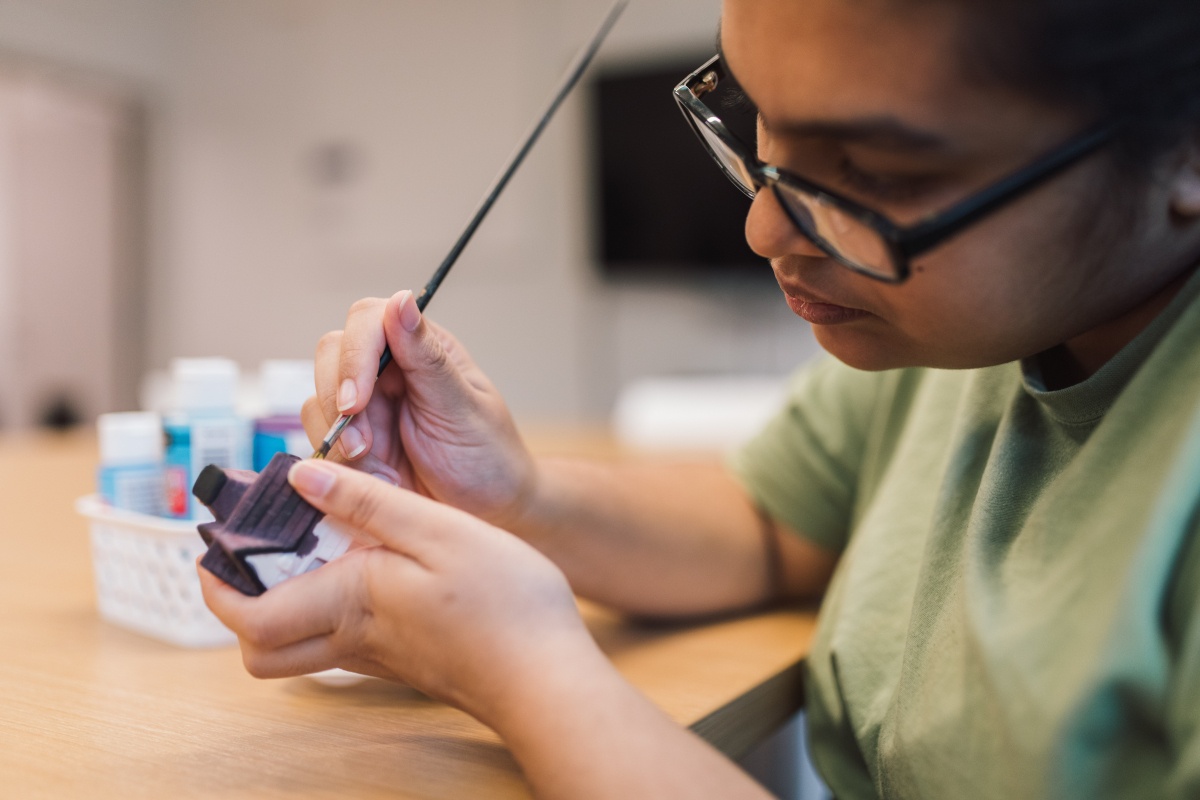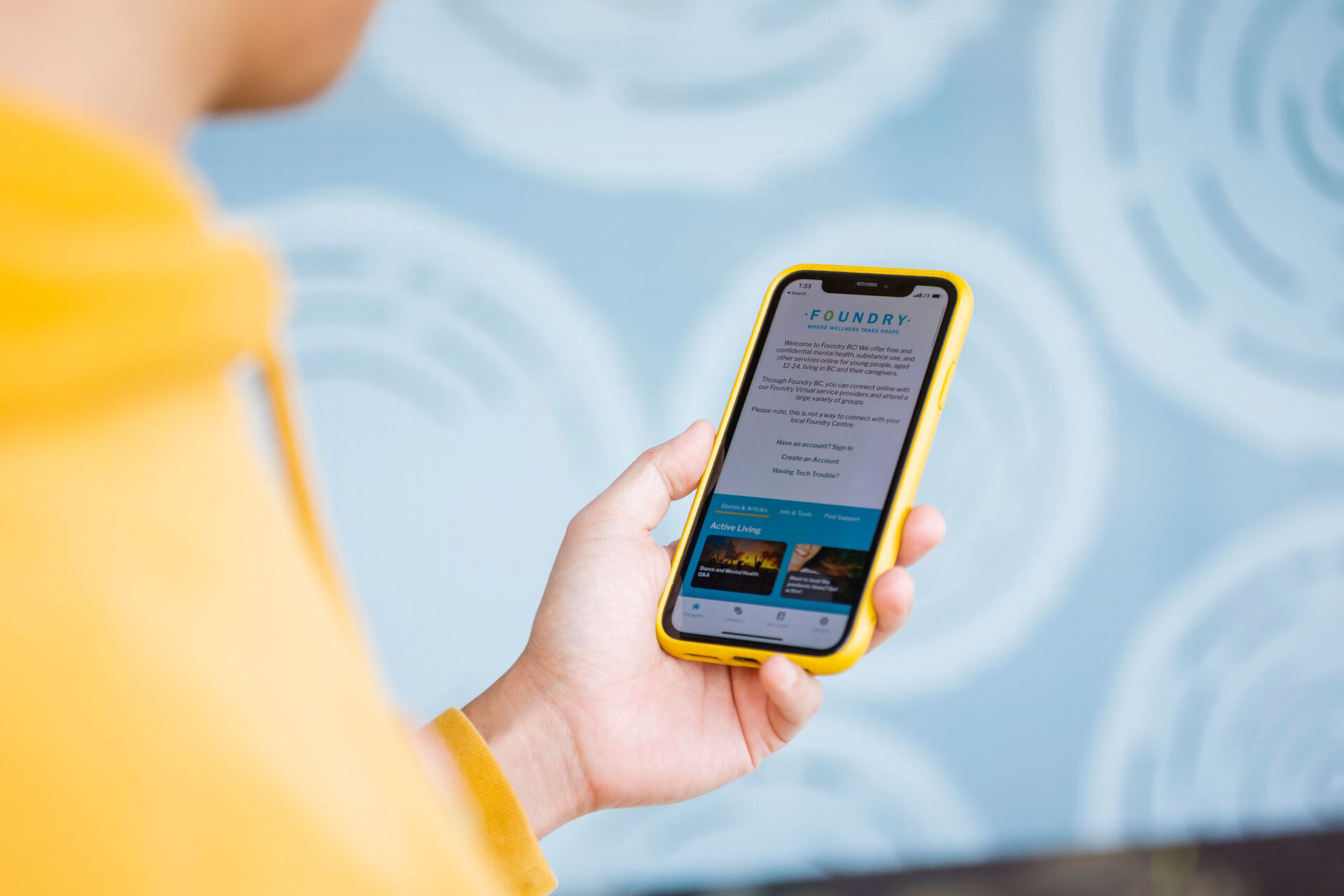School

School can be an exciting, inspiring and meaningful time in your life. But, it can also be really stressful! The good news is there are ways to deal with the challenges and enjoy the experience.
Post-Secondary Education
5 mins
First of all – congratulations! You got into the program, and that itself is a success. Now that you’re starting a new school, and maybe moving to a new place, what’s next? Your post-secondary life doesn’t have to be just books and studying, it can be so much more.
Want to explore and learn more? Here are some options for you.

5 Tips for Studying Effectively

Apps & Tools


